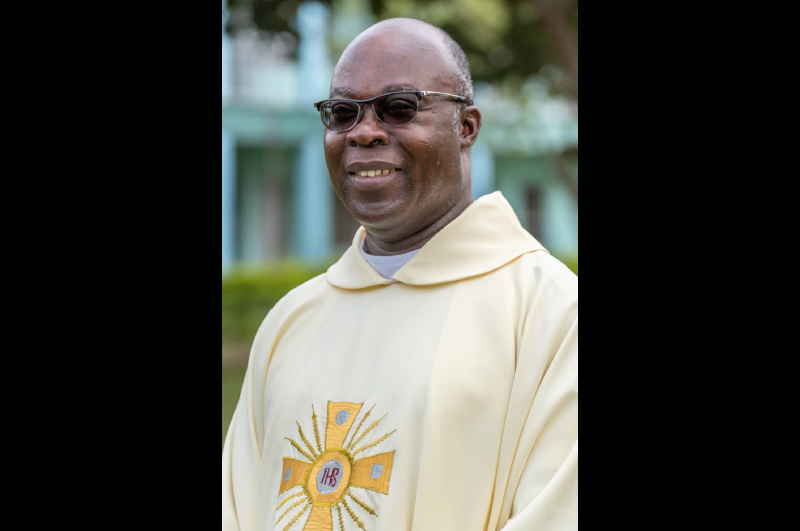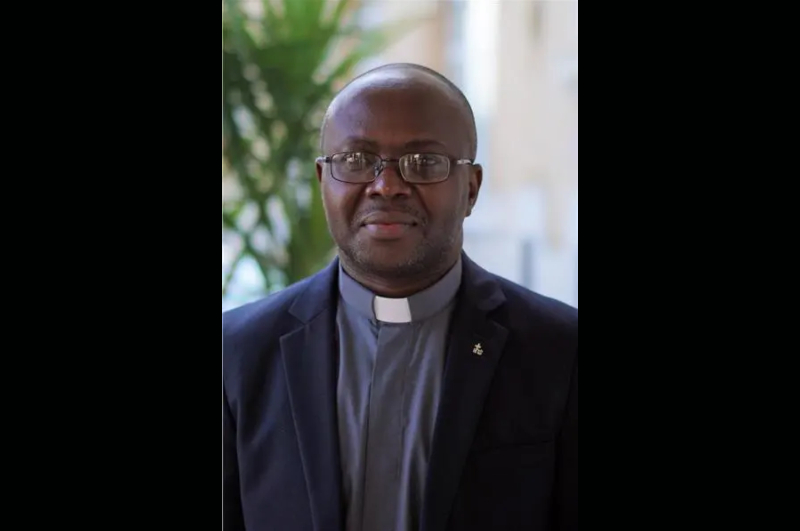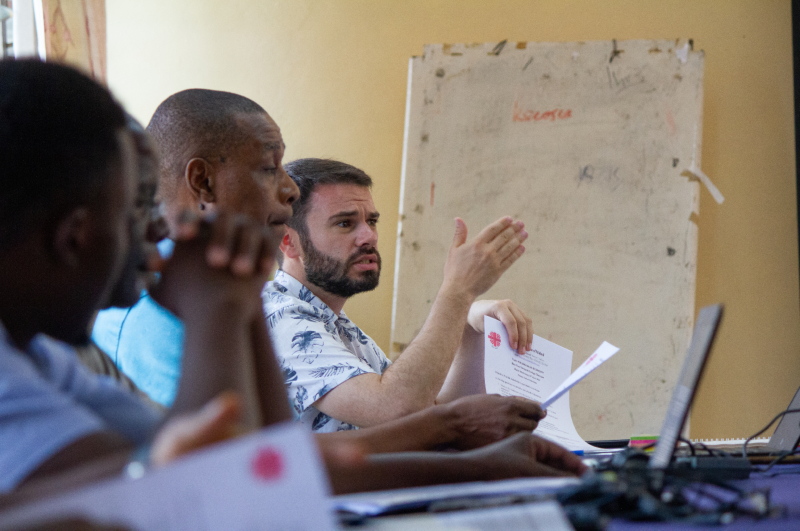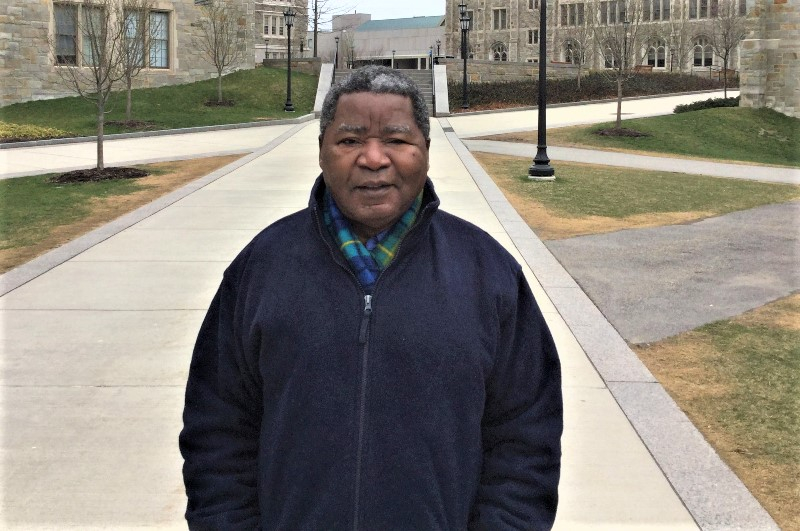

On Thursday, 11th August 2022, after battling cancer in his country (Tanzania), Mzee Laurenti Magesa, 76 years old, returned to God.
If, obviously, all human beings are aware that sooner or later, their earthly lives will end, it is not everybody that comes to give a clear and strong response to one of the most existential questions on the sense of existence, as Magesa did. As his brother Prof. Evaristi Magoti testified, one of Magesa’s last writings that remained unfinished is entitled: Battling with Cancer as a Christian, a priest and a theologian. Magesa knew who he was and his mission on earth: with precision and conciseness, he defined himself as a Christian, a priest and a theologian.
To celebrate such a giant, Hekima University College (HUC), where Magesa taught African and Moral Theology from 2009 to 2021, held a conference on his legacy, bringing together his colleagues, friends, family members and students. The date was purposely chosen so that we could commemorate the legacy of this giant on the day the universal Church commemorates the Faithful departed.
The use of the word “giant” in our title is neither artificially decorative nor simply provocative when we apply it to Magesa, the well-known scholar and African theologian who attended several conferences and lectured widely in Africa and overseas. No exaggeration is made when we call “giant”, this brilliant intellectual who published, as revealed Fr Norbert Litoing, the moderator of the conference, over 200 (two hundred) articles in various peer reviewed academic and popular journals and chapter-contributions in books since 1975. He authored and co-authored 15 (fifteen) books and received several awards, notably:
• 2018. PhD Honoris Causa from DePaul University, Chicago, USA
• 1995. US Mission Award as Distinguished African Theologian.
• 1995. Xavier University: J. Bruegeman Chair Award.
Magesa has also been a Founding Member of the Ecumenical Symposium of East African Theologians (ESEAT) since 1987.
The conference gave us the opportunity to listen to four wonderful talks on the Legacy of Magesa. The first was given by Evaristi Magoti. His presentation revolved around the question: “Who was Magesa?”. As Magesa’s younger brother, Magoti emphasized some aspects of the life of Magesa: son of a catechist, he loved praying since his childhood. His passion for reading and writing started when he was young and characterized his entire life. He became a priest in a society when priests were almost “venerated” but he remained humble. And he battled with the cancer until his death as a Christian, a priest and a theologian.
The second talk was entitled "The Theological Legacy of Professor Laurenti Magesa." It was given by Marcel Uwineza, SJ, Principal of HUC. Quoting the American theologian Elisabeth Johnson, he raised the importance of the legacy and the memory of great people, people of God, saying: “Remembering the great crowd of … friends of God and prophets opens up possibility for the future; their lives bespeak an unfinished agenda that is now in our hands; their memory is a challenge to action; their companionship points the way.” (Johnson, Friends of God and Prophets, 169). For Uwineza, we can condense the theological legacy of Megasa into nine points: (1) theologians are shaped by their “context” in which they live; hence theology is not done in a vacuum; theology is contextual. (2) The theology of Magesa pivots around Christian themes: the sense of mystery for the quest for God is ever new and endless, understanding and practicing the love of Jesus, readiness to entertain unconditional, intellectual and spiritual openness to the bountiful and ongoing inspiration and guidance of the Holy Spirit in the life of the world, consciousness of the fallibility of humanity, though loved and redeemed by Jesus Christ, and a sincere appreciation and respect for the beauty and sacredness of creation, because creation constitutes the theatre of divine self-communication. (3) Theology is not contempt with answering questions that people are no longer asking. (4) Magesa’s theological legacy lies in his exploration of the identity of Jesus. (5) Magesa taught us the inseparability between inculturation and liberation. (6) He calls for different methods of evangelization. (7) Magesa teaches us the necessity to take the posture of solidarity with the poor. (8) Magesa has left us with the challenge to take ecology seriously. (9) Magesa’s life is a testimony that the first act of theology is a life lived with love.
The third presentation was given by Fr Dominic Tumuseni, SJ. After telling us some good memories of his life with Magesa and projecting photos and a video shot when he was with him. Tumuseni raised the crucial question: what is the future of African theology? Being a lecturer of African theology at HUC, he took us back into the history of African theology through its major theological currents and its main figures. If for some, African theology must fundamentally explore the depths of inculturation, for others, its main task consists in being a tool for the liberation of the Africans and Africa. For others, African theology must go beyond inculturation and liberation, to be reinvention. For Tumuseni, African theology of the future must know how to navigate between inculturation, liberation and reinvention to carve out a bright future.
The final presentation was given by Gina Schneider, a friend of Magesa who came from the United States of America to celebrate Magesa. She also gave a talk on behalf of her husband Trevor, their five children and herself. They met in 2002 when Magesa served as a visiting priest at Immaculate Conception in Glenville, New York. Many times, Magesa visited them, had dinners with them. In 2004, Gina and Trevor visited Magesa’s country (Tanzania) and benefited from his hospitality. Since Trevor, her husband, was born and raised in Johannesburg, in 2008, they flew Magesa to Cape Town where they spent together memorable moments. In general, given the way Magesa has touched and transformed their lives, his memory will remain vivid in their hearts forever. She also highlighted the passion of Magesa for reading and writing, for sharing his ideas with people and educate them, and emphasized his humility and simplicity.
The conference which started at 3pm ended at 5:15pm with a session of pictures in an atmosphere of joy and thanksgiving for the life of Magesa, the giant who has never gone away. As a conclusion, I can do nothing better than sharing with you this poem paraphrasing the Senegalese poet David Diop and resulting from my participation in this conference:
Those who are dead have never gone away,
Magesa has not passed away,
He is alive in his books we read,
And his memory in our lives vivid.
Through his ideas, he speaks to us,
His legacy, a great challenge for us.
Magesa has not passed away,
His theology paved a way
Toward a shining Christian faith
In a continent called to be bright.
Those who are dead have never gone away,
Magesa has not passed away.
May his legacy in Africa, land of our ancestors,
Keep reminding us: Move forward!
Related Articles
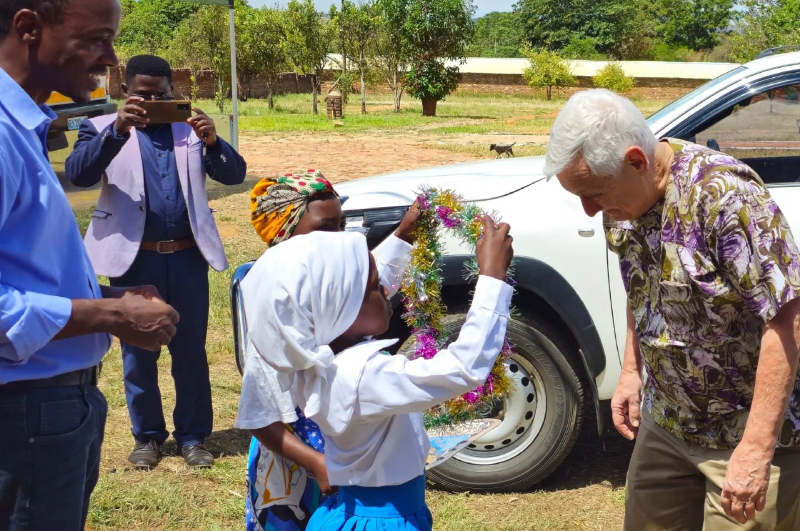
Select Payment Method
Pay by bank transfer
If you wish to make a donation by direct bank transfer please contact Fr Paul Hamill SJ treasurer@jesuits.africa. Fr Paul will get in touch with you about the best method of transfer for you and share account details with you. Donations can be one-off gifts or of any frequency; for example, you might wish to become a regular monthly donor of small amounts; that sort of reliable income can allow for very welcome forward planning in the development of the Society’s works in Africa and Madagascar.
Often it is easier to send a donation to an office within your own country and Fr Paul can advise on how that might be done. In some countries this kind of giving can also be recognised for tax relief and the necessary receipts will be issued.


